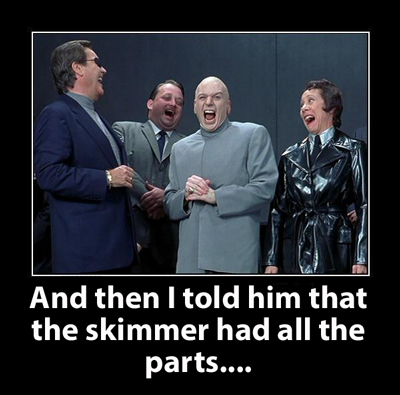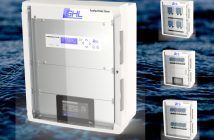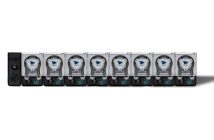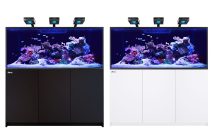No question about it, setting up and maintaining an aquarium can be an expensive endeavor. Even the hobbyist with the best husbandry skills will run into equipment failures and when the time comes, it can be tempting to explore the used market. After all, a quick search of Ebay, Amazon or aquarium forums will turn up a large stock of used items. People are always upgrading their equipment, moving or getting out of the hobby. There is no doubt there are deals to be had. If possible, we usually recommend buying new. New items come complete with parts, usually carry a warranty of some sort and have not been mistreated or improperly maintained. That being said, there is nothing wrong with trying to save money by purchasing a used pieces of equipment. The number one thing to remember is the old adage “buyer beware. ” It is human nature to be trusting, but when it comes to your aquarium, you need to act like an overprotective parent. Below are some simple things of which you should be aware when exploring the used market.
#1 The Useless “Boat Anchor”
There is nothing more frustrating than trying to install your new “used” purchase and finding out you do not have all the pieces. Often with media reactors or protein skimmers, there will be a missing valve, clamp, tube, etc that will leave the item dysfunctional. In some cases a part can be obtained easily and with minimal cost, and in other cases, the part will not be available at all or if it is, the purchase of the part negates your “bargain.” The number one thing you can do to avoid this scenario is do your research and ask questions of the seller. It is also a good idea to physically examine the item before you take possession. Once you get it home, it becomes very hard to go back to the seller and claim you are missing something. Be a detective and don’t end up with a new boat anchor!
#2 Contamination – “Do you know where your skimmer has been?”
So just where has that skimmer been for the last five years? Was it cared for properly? When someone “cleaned it up” in preparation for it to be sold, did they cheat and use cleaning products that would leach catastrophic substances into your aquarium? We all want to believe that no one would use a Clorox Wipe or CLR to clean up a protein skimmer for selling purposes, but let’s be honest, some people aren’t that worried about keeping an item free from exposure to harmful substances, because it’s not going on their system. The number one thing you can do to avoid exposing your aquarium to a foreign contamination is to purchase from someone you know and trust. Look at it this way, if you found a cup on the street that looked clean, would you go to the sink and fill it up with water to quench your thirst without a thought? No. You have no idea where it’s been. Why would take that chance with your aquarium. If an item looks “too clean,” you might want to ask some questions or at least take great care in cleaning it before installing it on your system.
#3 Pricing – “Don’t be an impulse buyer!”
If you know you are going to be in the market for a piece of equipment and are interested in going the used route, take some time to research the average price for the item in a variety of ages and conditions. Knowing the “fair market value” of a five year old Bubble King skimmer, for example, will only benefit you when trying to purchase one from someone trying to recoup their initial investment. You also need to know what the item could be purchased for new. Again, new items will come with a warranty (in most cases), are complete in regards to parts, and are clean of any contaminates, so you will need to evaluate if that $50 or $100.00 savings is really going to be worth it in the long run. Besides, are you really saving money? We only have so many heart beats and likewise, aquarium products only last the test of time for a finite amount of time. Ask yourself, would you rather be on the frontside of the products life expectancy or would you rather be on the backside of it with no practical understanding on how much life is left in the product.
In summation, do your research and do not buy on an impulse. Your aquarium and your wallet will thank you!






